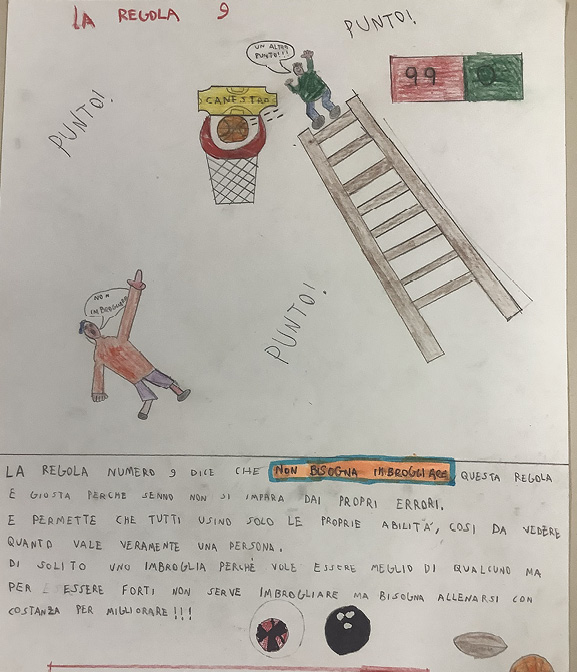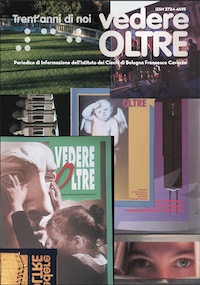This fanciful word pair, suggested by Gianni Rodari, derives from the Greek philosopher Socrates, who said that teachers should ask their students questions, stimulate their critical thought, and accompany them on their search for answers by means of logic and analysis. I’d like to point out that this approach offers students the chance to express their opinions, compare them with the opinions of others, and present arguments based on logic and reasoning. Maieutic teaching influenced the work of Swiss pedagogue J. H. Pestalozzi, who emphasized the interaction and active participation of students in the learning process. It also accompanied the American John Dewey, whose pragmatic philosophy of learning was based on experience. For the Italian Maria Montessori, education had to focus on the individual, promoting independence, self-discipline, and active learning. And of course, Jean Piaget, the famous Swiss psychologist, developed a theory of learning and cognitive development that can be considered a form of maieutic teaching. According to Piaget, learning takes place through the subject’s interaction with the surrounding environment, and children actively build their knowledge by means of direct experience.

What these great minds left us are precise ideas on how “doing” and “doing together” produce deeply-rooted knowledge, skills that are personal, experienced, firsthand, and therefore linked to the very core of the individual. Especially in childhood. They are one of the best ways to implement knowledge and operational possibilities. Augusto Romagnoli also urges us to use this word pair for visually-impaired adolescents. Although these concepts, these ways of thinking are certainly part of Educational Consulting Services in Teaching Facilities for the visually impaired throughout Italy, achieving admirable results and playing important roles in the development and growth of people with visual impairment, these concepts are unfortunately not always applied in schools.
The School, at every level, almost never provides the “possibility to make a mistake.”
“Making a mistake,” an integral and intrinsic part of “doing,” is frowned upon. For teachers (and therefore for students), a mistake is a symptom of failure to learn, lack of study, poor and inadequate preparation. One is afraid of the Mistake; you have no right to be wrong. No one thinks that correcting a mistake can lead to good performance of the action, to awareness, to knowledge in general.
Unfortunately, being afraid of making a mistake and the impossibility of being wrong sometimes generate fear in students, who thus prefer inaction to the risk of error. These ways of thinking inhibit learning, lock it up in a logic based on numerical assessments of the student.
Establishing a system of maieutic teaching would surely enable us to build, create, and achieve an atmosphere of calm, collaborative, inclusive growth for all of our students.





.png)